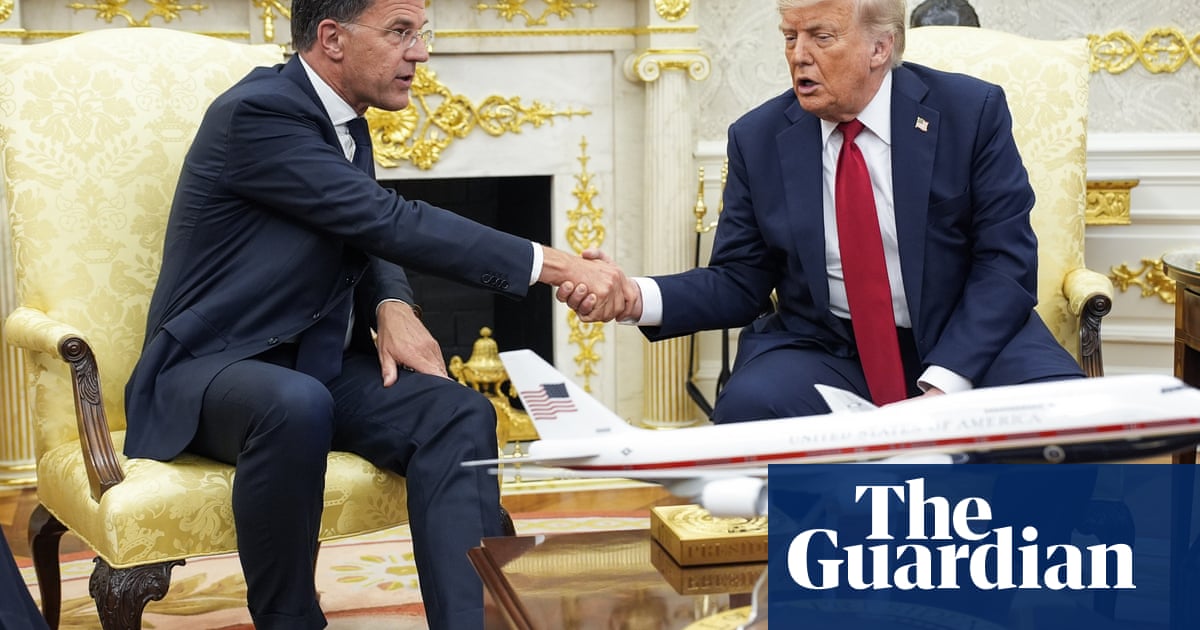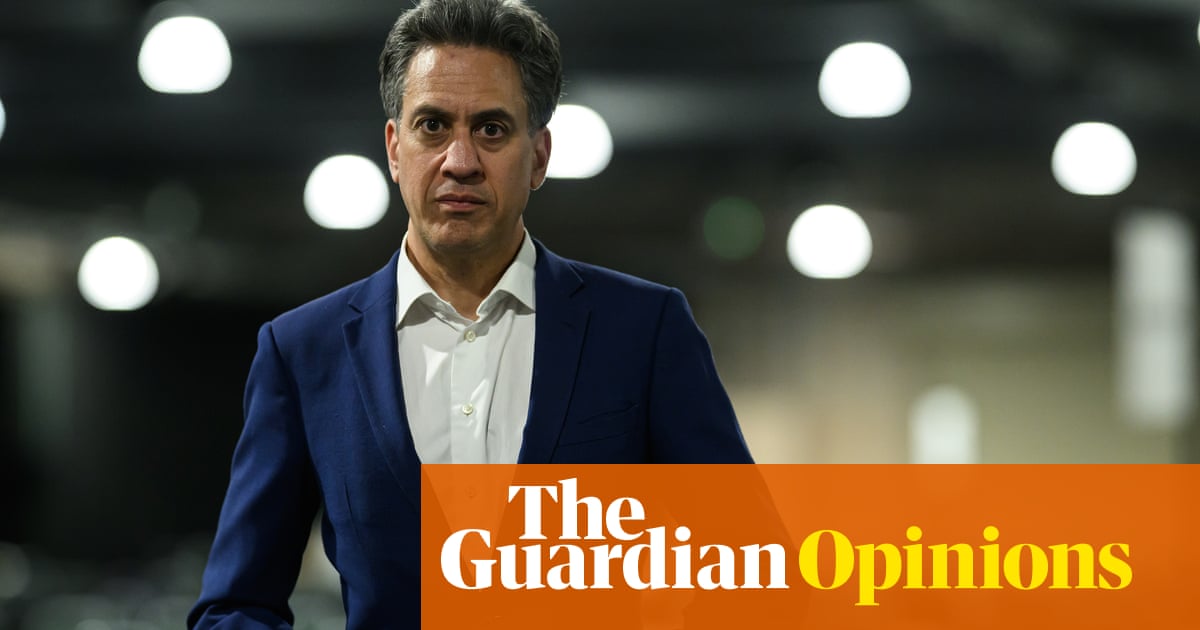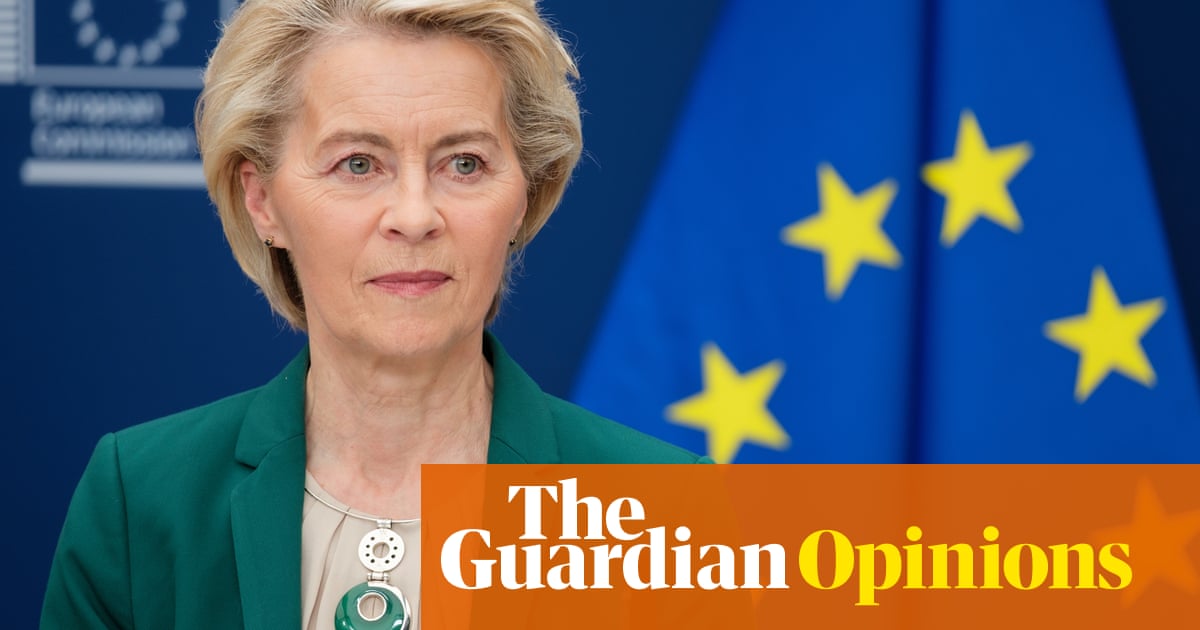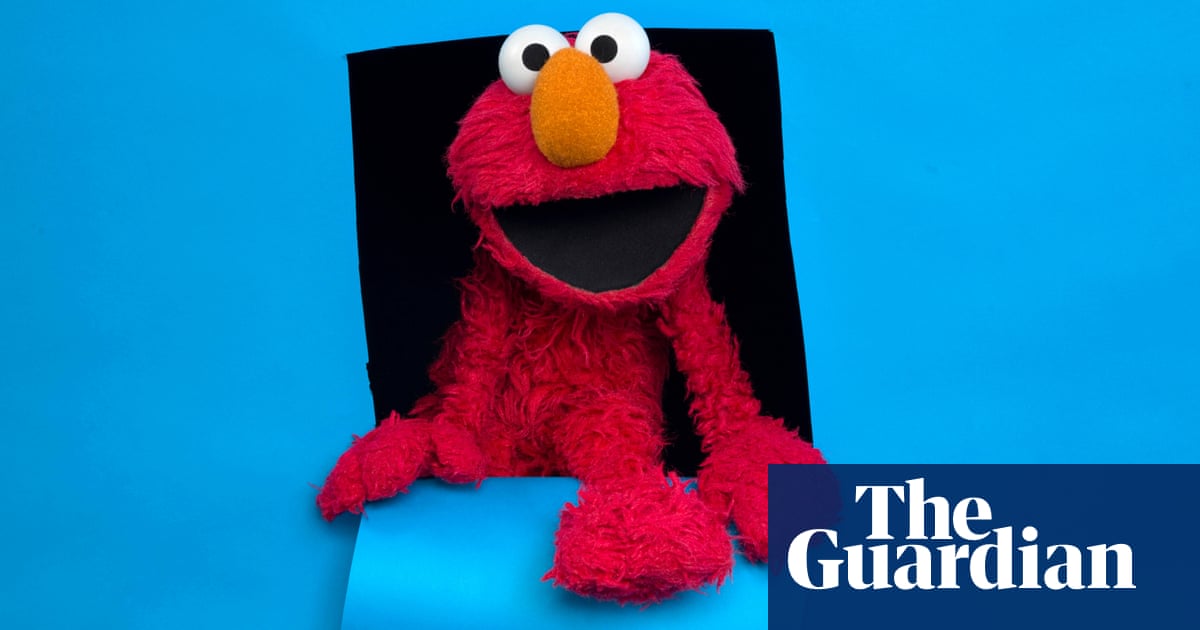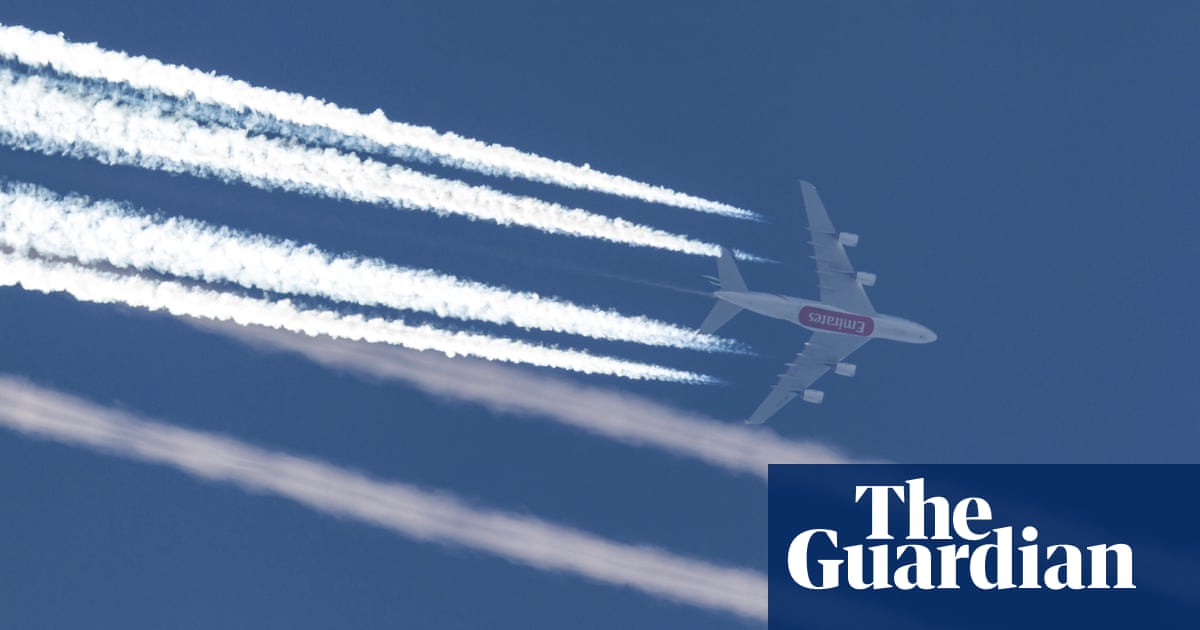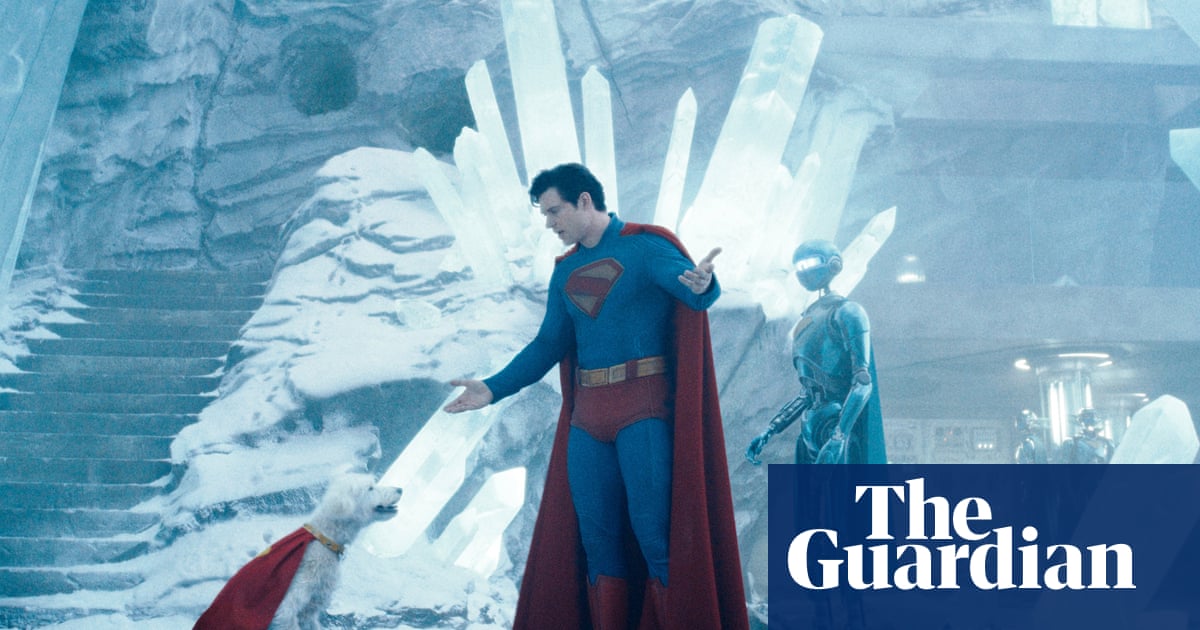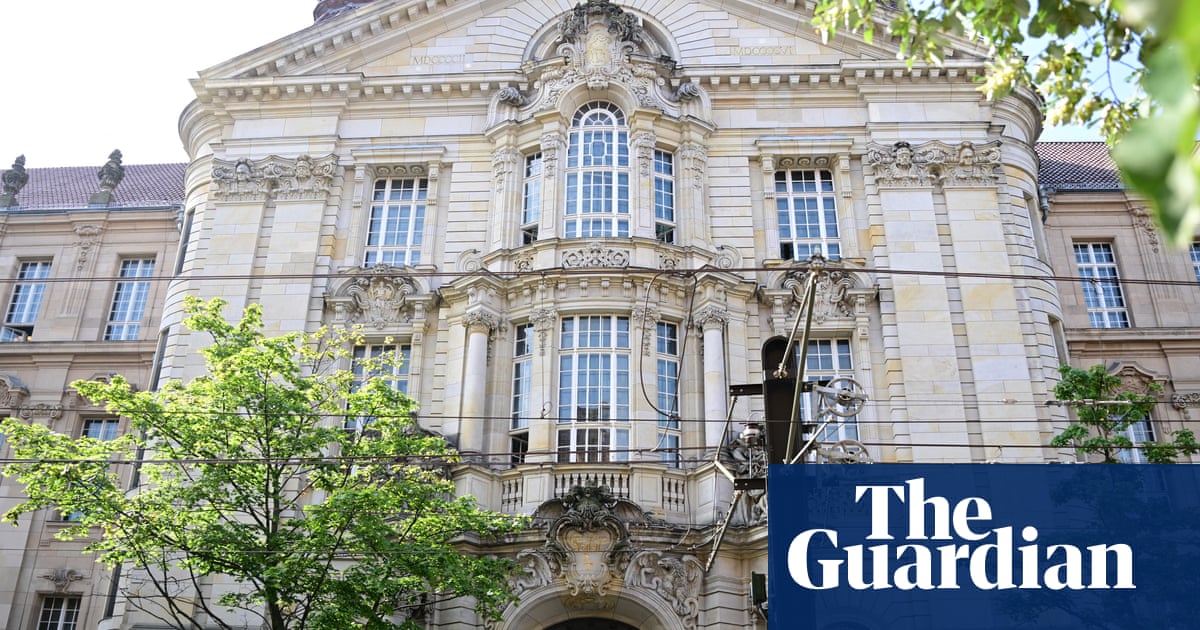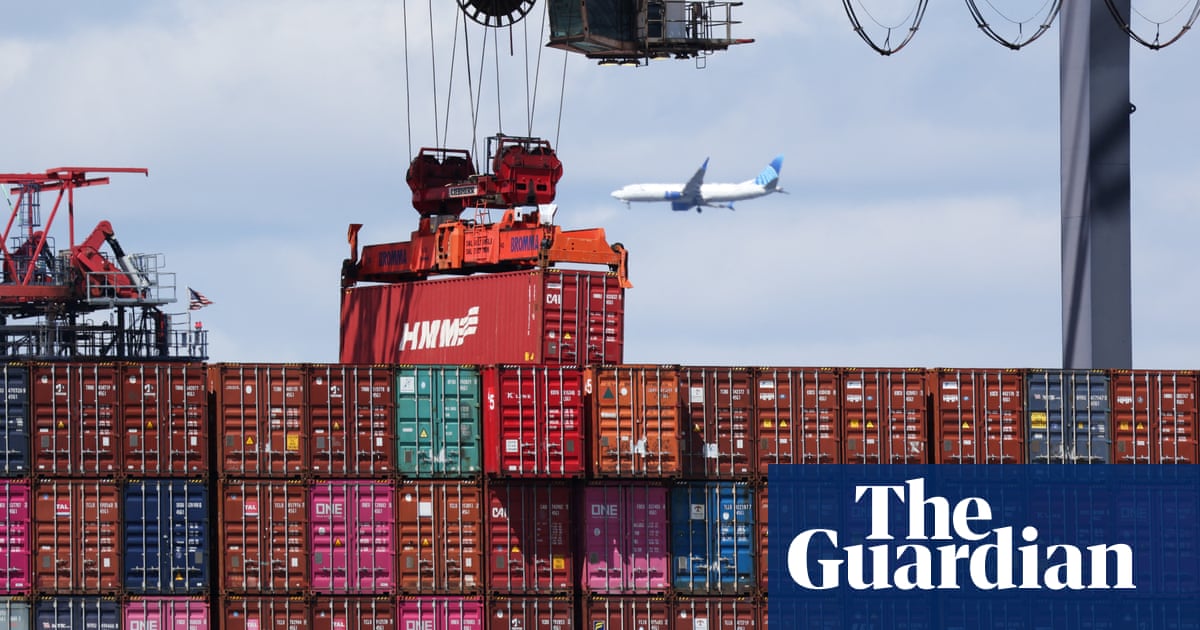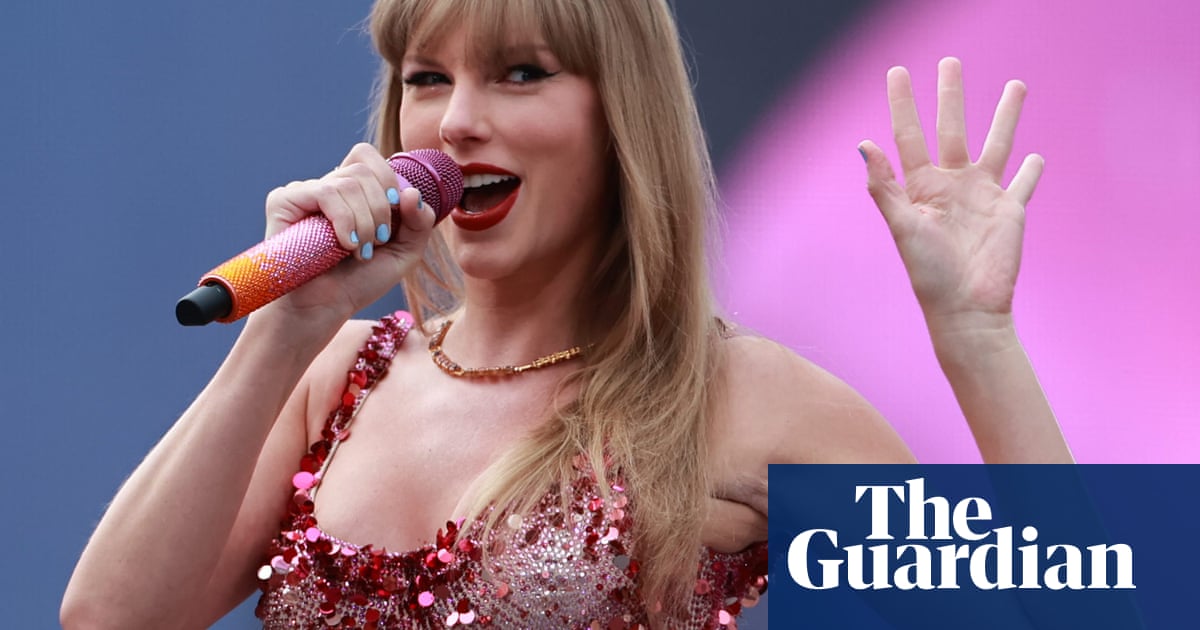Decades of economic orthodoxy failed millions of Americans, according to Donald Trump, who marched back into the White House promising to shred the status quo. But the specifics of his alternative – exactly how his administration claims it will make America great again – change by the day.
The US president declared this week to be a key milestone of his second term, as he unveiled his first major trade deal since returning to office following accelerated talks with the UK.
But it came as Trump’s position, on everything from tariffs on strollers and movies to whether his administration even wants to strike such global deals, appeared to shift by the hour.
Firms across the world have been trying to come to terms with the rapid rate of presidential kneejerks: where policies can be announced, adjusted and shelved as quickly as the leader of the free world can publish a social media post.
“There’s so much uncertainty,” Jerome Powell, the Federal Reserve chair (and persona non grata in Trumpworld), observed on Wednesday. “If you talk to businesses, or market participants, or forecasters, everyone is just waiting to see how developments play out.”
Take strollers. This was the week when Trump argued that some prices are more important than others.
After pledging to bring down prices, the president was keen to focus on those that had fallen during an NBC News interview that aired last weekend. His interviewer, however, observed that some had risen: with an estimated 97% of strollers bought in the US made in China, for example, prices have risen significantly since Trump hiked tariffs dramatically on the country.
The president was having none of it. The (declining) price of fuel is “thousands of times more important than a stroller”, he asserted. Later in the interview, he demanded more positive questions. “Because you know what? Gasoline’s big business,” he said. “A stroller is not big business.”
On Sunday, the message could hardly have been clearer. Sure, strollers might be more expensive – but “that’s peanuts” in the grand scheme of things. Other costs are thousands of times more important.
By Wednesday, the administration was moving in a different direction. Potential tariff exemptions for childcare and baby products – like car seats, cribs and, yes, strollers – were “under consideration”, the treasury secretary, Scott Bessent, told Congress.
Then there was movies. This was also the week when Trump emphatically stood up for Hollywood.
The president abruptly announced his concern that Hollywood was “DYING a very fast death” over the weekend. A 100% tariff would be imposed upon “any and all Movies coming into our Country that are produced in Foreign Lands”, he wrote on Truth Social.
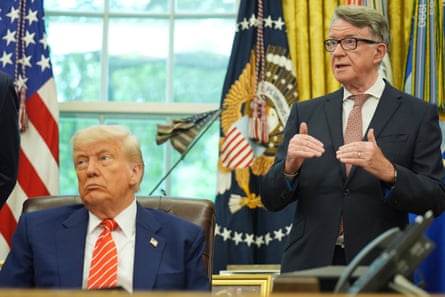
Many US blockbusters are produced, shot and edited in a variety of countries. There was no detail as to how the policy would be executed. It was unclear which films would and would not face tariffs.
after newsletter promotion
But on Sunday, the message could hardly have been clearer. Hollywood had been “devastated” by the rise of movie production elsewhere; this amounted to a national security threat; and US officials would immediately start work on steep tariffs.
By Monday, the administration was moving in a different direction. The White House spokesperson Kush Desai said in a statement that “no final decisions” had been made, and the administration was “exploring all options”.
And take deals. This was also the week when Trump, author of Trump: The Art of the Deal, announced he was done with them.
On the campaign trail, he repeatedly promised to negotiate agreements that would end wars and tilt the world economy in his country’s favor. But earlier this week, surrounded by cameras in the Oval Office, the president complained the media had become fixated.
“You keep writing about deals, deals,” he told reporters. “I wish they’d stop asking ‘how many deals are you signing this week?’ because one day, we’ll come and we’ll give you a hundred deals. And they don’t have to sign.
“And I think my people haven’t made it clear,” said the president. While the US will sign “some deals”, tariffs were a “much bigger” focus. Overseas companies “are going to have to pay to shop” in the US, he added. “Think of us as a super luxury store.”
On Tuesday, the message could hardly have been clearer. Trade deals were not the be-all and end-all. The US will make demands of trading partners, and unless they agree, it will continue to hit them with sweeping tariffs.
By Thursday, the administration was moving in a different direction. Unveiling a “maxed-out deal that we’re going to make bigger”, Trump declared that a trade accord with the UK would be just the first.
In reality, the UK-US deal was unfinished. The announcement felt hasty: the diplomatic equivalent of hosting a wedding reception after the engagement, but before the ceremony. Both Trump and Keir Starmer, the British prime minister, conceded certain details had yet to be finalized.
But the president was off – “many Trade Deals in the hopper, all good (GREAT!) ones,” he wrote on Truth Social the following day – which brings us to China.
No economy has been targeted more aggressively, or hit harder, by this administration. Trump has insisted any pain, be it higher prices or empty shelves, would be worth bearing as Washington pushed back hard against Beijing. “IT WILL ALL BE WORTH THE PRICE THAT MUST BE PAID,” he wrote of his tariff strategy in February.
Trump sparked a trade war between the world’s two largest economies by ramping up US tariffs on Chinese goods to 145%, prompting swift retaliation. “They deserve it,” he told ABC News last week. “They were ripping us off like nobody’s ever ripped us off.”
But today, the administration appears to be moving in a different direction. Bessent has been dispatched to Geneva to negotiate with Chinese officials.
The president, who has for months maintained that the US must hold the line against China, stressed the treasury secretary was leading these talks – but threw in his two cents. “80% Tariff on China seems right,” he wrote on Truth Social, proposing a drastic reduction. “Up to Scott B.”
What happens next is anyone’s guess. But it’s safe to say it probably won’t be up to Scott B.

 2 months ago
66
2 months ago
66

